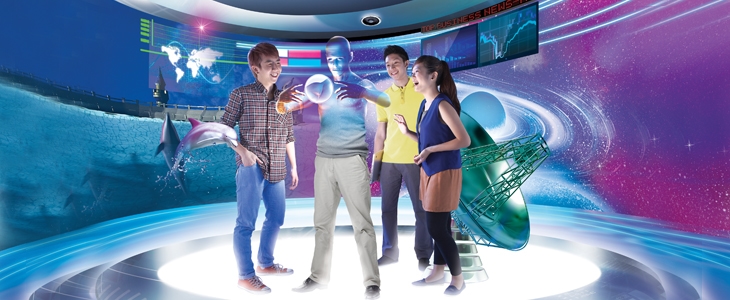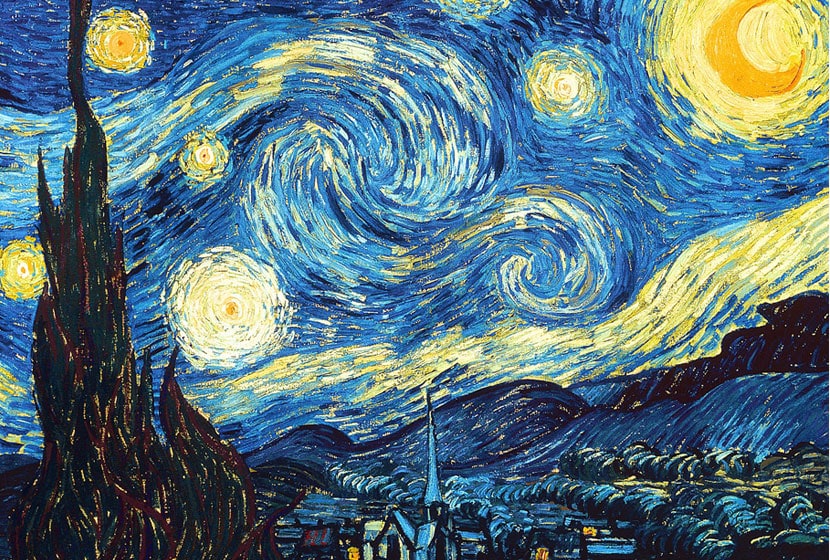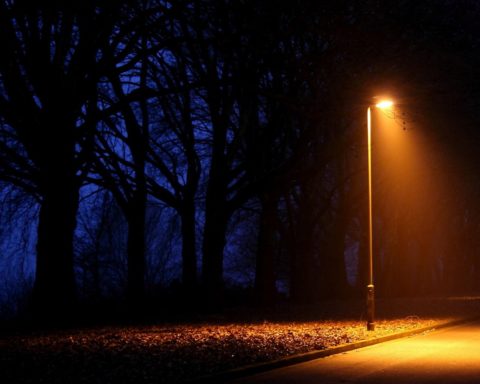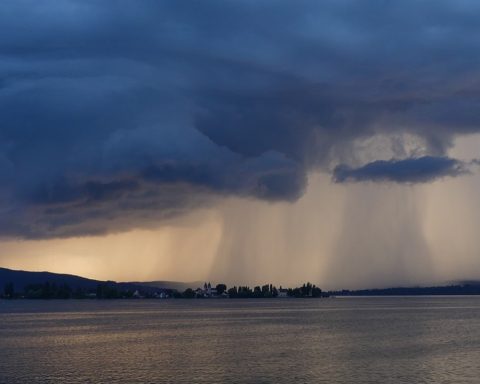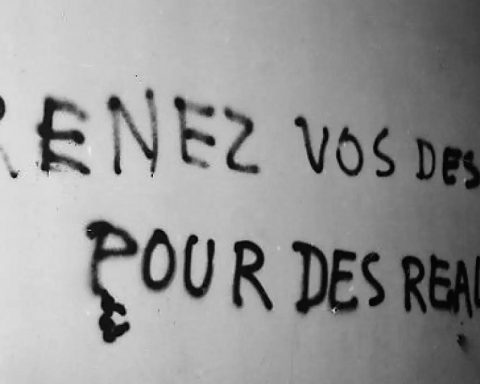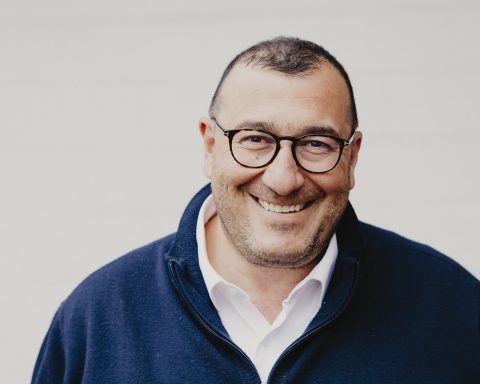When the transition to a new world becomes a topical issue and world views collide, it is time to mobilize our imaginations. We need to reinvent tomorrow by taking into account the plurality of possibilities. And to do this, we need to co-create narratives that summon the imaginary and fiction and put in place creative and innovative protocols to support corporate visions and strategies. A 360° opening becomes essential to approach the future with realism, pragmatism and sustainability.
We must now go fast and the imagination can make us make quantum leaps in representations and therefore in actions.
The future, you don't have to foresee it, you have to allow it.
Antoine de Saint-Exupéry
Imagination is back in the spotlight.
The word "imaginary" is a good one. Even more so is the expression "new imaginary" in the plural and its declension "new narrative", often in the singular. In all fields, experts, intellectuals and creators are calling for the future to be "disincarcerated", as the "manifesto" of the Zanzibar science fiction authors' collective puts it beautifully.
Insidiously we have already fallen into a dystopian imaginary - another word that has imposed itself on us in the space of a few years. For a long time, as Godot was waiting for God, we waited for the "end of the crisis", "the end of the tunnel". In reality we have been stuck there for 40 years, in the tunnel, and the return to the world of before, that of progress for all thanks to growth and consumption, is something that no one really believes in. Above all, we can no longer afford it.
Our imaginations have mutated
Without us always being aware of it, our imaginations have already mutated. Thus we integrate into our daily conversations many references to the state of the planet and the various disasters that affect it. And not only on the occasion of striking events such as cyclones or floods. Who hasn't talked lately about the visibly dry trees, the less present bird songs, the place of meat in our diet? These are our daily lives we are talking about, not exceptional events whose memory will fade with time.
We are beginning to live in a daily life that we feel irremediably degraded and in the process of further degradation. At the same time, what we used to see as progress or escape seems more and more threatening: social networks, artificial intelligence, big data, our lives no longer seem to belong to us. Less controlled lives, the living threatened, this is the horizon that is becoming blocked, our thinking is panicking and our ability to cope is diminishing, all the more so as the danger is both very present and yet to come. A strange kind of war. Peace is no more, but the fight is long overdue, in a relief that gives one a guilty conscience.
Can we live like this, with shortness of breath and a round back?! We don't believe it! Imagination allows us to see and therefore to desire a different world, a world beyond the darkened horizon. The imaginary is not, however, an escape into fantasy and inconsistent dreaming. It is the recitation of possible futures. Stories that unfold the potential of seeds of change already there. Little visible but powerful.
"What if...? ", " What if? " in English. This simple questioning can make worlds arise. And those worlds we can apply ourselves to building them. As Nancy Huston says, " AMan is a fabulous species ». It doesn't mean he's escaping from reality, it means he's building on his dreams to move forward. She says: « All of us are putting together novels to tell the story of our time on earth. Better yet, we are those novels. Our brains concoct stories and believe in them so that our existence is not only an existence but a life... ".
Imagination conditions our ability to act...
This human singularity in fact conditions our actions and innovations. Our representations of reality determine our actions. Thus, 40 years of imagination Star Wars and we've created armies of robots, we're starting to go to the stars, from the moon to Mars, where the war between economic powers is shifting.
READ IN UP' : The war will take place in space. It may have already begun.
But we forgot about Yoda.
A large majority of engineers make the Science-Fiction books and films that made them dream. The question that then arises is: which imagination for which near future?
The cleavage of our representations of reality is found in reality and as Arthur Keller says with a war of narratives[1] which prefigures the one between several radically different conceptions of the world as Naomi Klein reminds us in her latest work[2].
The reality of opposition had been foreshadowed by Samuel Huntington in the Clash of Civilizations and fulfilled by Donal Trump as a self-fulfilling prophecy. Today, the world is cut off, split between communalism and opposing worldviews.
However, our Earth is one and we all live on it.
So is it possible to get out of the "all against all" determinism and envisage co-creating a dignified and sustainable future for all "co-developed by all" overcoming antagonisms?
Why don't we start by imagining it together?
READ IN UP' : Science fiction: Mythology is message
We mentioned Yoda above, but let us remember Rabelais who urged us to be wise: "Science, without conscience, is only the ruin of the soul", today we can add, is only "the ruin of our Earth and of humanity".
Indeed, to bet on unlimited growth and innovation is to refuse the evidence of our finite human condition. And this is not a spiritual impulse or a political partisanship; it is just a reality that we have been distancing ourselves from for two centuries. And here two visions of the world clash in the sense of Bruno Latour.[3] - The pursuit of globalization and the return to the local - continue to confront each other when they should be dialoguing in order to propose, in the face of "above ground" visions, a vision of the "earthly".
Our challenges today, co-designing a future that can offer a decent life to more than 10 billion people, maintaining liveable land everywhere on the planet (managing water issues) and avoiding armed conflicts with inevitable climate migrations. Today, these challenges seem so heavy that they collectively paralyse us. But this is forgetting that, already, the seeds of powerful changes are appearing here and there to radically modify our ways of producing, living, moving, feeding ourselves...". Where perils grow, so does that which saves. "Hölderlin's oft-quoted phrase should spur us on more to explore "what saves"!
Christine Marsan, Alter'Coop Agency
Hervé Chaygneaud-Dupuy, the Imaginarium-s
[1] https://usbeketrica.com/article/effondrement-guerre-recits-arthur-keller?fbclid=IwAR3UMttflSgkgZSl7Egmk-oYAG2ZxRw059NGfK93yyMee_LCGAUaMB9nFmo
[2] Naomi Klein, On fire. The burning case for a Green New Deal, Allen Lane, 2019.
[3] Bruno Latour, Where to land. Comment s'orienter en politique, La Découverte, 2019.


